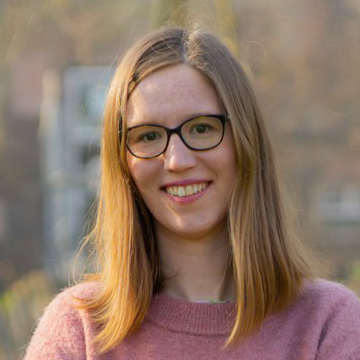 \
&
Contact us
\
&
Contact us
 \
&
Contact us
\
&
Contact us
PARC was launched in May 2022. The partnership aims to establish an EU-wide research and innovation programme supporting the EU and national chemical risk assessment/management authorities and processes with new data, knowledge, methods and skills to address current, emerging and novel chemical safety challenges.
In line with the Green Deal’s zero-pollution ambition for a toxic free environment, and the Chemical Strategy for Sustainability the partnership will facilitate the transition to the next generation of risk assessment to better protect human health and the environment.
Core activities of the Horizon 2020 European Joint Programme HBM4EU will be pursued under PARC in the wider context of chemical risk assessment.
For the latest news, follow this link.
For information on upcoming events, follow this link.
VITO plays a prominent role as member of the governing board of the partnership & as co-lead PARC's work package 7 'FAIR data'. The partnership website indicates that 'WP7 will strengthen exchange and reuse of research and regulatory data. For this, WP7 will interact with all the WPs to facilitate the access, storage and analysis of data, and the interfacing with the modelling and analysis tools developed by the other WPs. It will work on data and metadata harmonisation as well as on the FAIR data policies. Furthermore, it will develop innovative tools for analysing increasing amounts of data and their uncertainty. This WP is co-led by VITO (Belgium) and UOB (United Kingdom).' Find out more here.
There are several other Flemish organisations involved as affiliated enitities: Ghent University; Flanders Research Institute for Agriculture, Fisheries & Food (ILVO); Provincial Insistute of Hygiene (Provincie Antwerpen); University of Antwerp; Public Waste Agency of Flanders (OVAM); University of Leuven; Hasselt University; Flemish Department for the Environment & Spacial Planning; Free University of Brussels
Develop the scientific skills needed to address current and future challenges in chemical safety
Provide new data, methods and innovative tools to those responsible for assessing and managing the risks of chemical exposure
Strengthen the networks which bring together actors specialised in the different scientific fields contributing to risk assessment
Commission services: RTD-E3-CHEMICALS-MATERIALS@ec.europa.eu
Partnership - Contact | Parc (eu-parc.eu): Parc@anses.fr
Partnerships group the EC and private and/or public partners, to coordinate and streamline the research & innovation initiatives and funding in some selected key domains.

sarah.stroobants@fwo.be
Funded by Horizon Europe, under call topic HORIZON-WIDERA-2021-ERA-01-80, INSPIRE is Europe's Centre of Excellence on inclusive gender equality in research and innovation. It relies on four Knowledge and Support Hubs to create knowledge in the areas of sustaining change, widening participation, intersectionality and innovation. Moreover, it supports stakeholders in their journey to become more inclusive through 12 Communities of Practice. In this way, INSPIRE aims to develop both cutting-edge knowledge and innovative strategies for gender equality in the European Research Area. INSPIRE brings together 14 partners. The Belgian partner in this project is UHasselt.